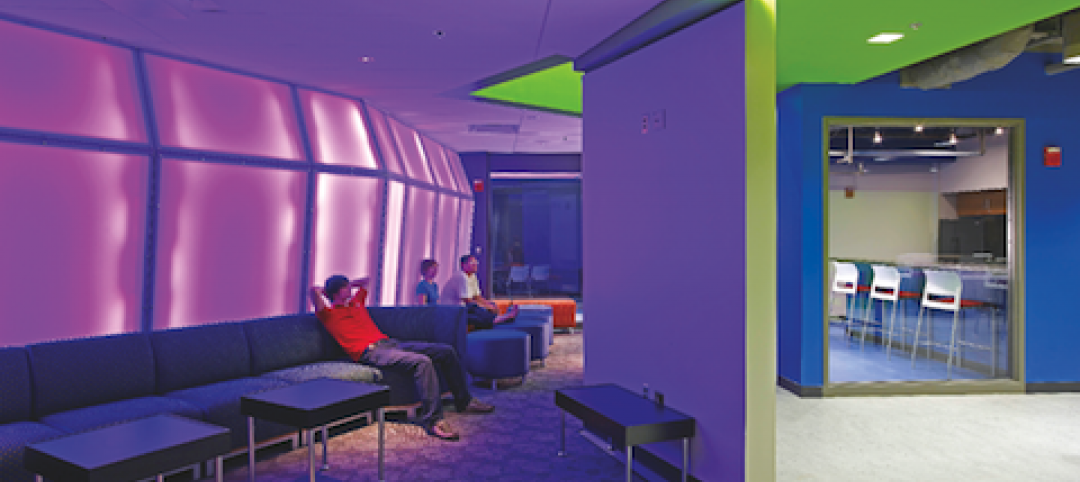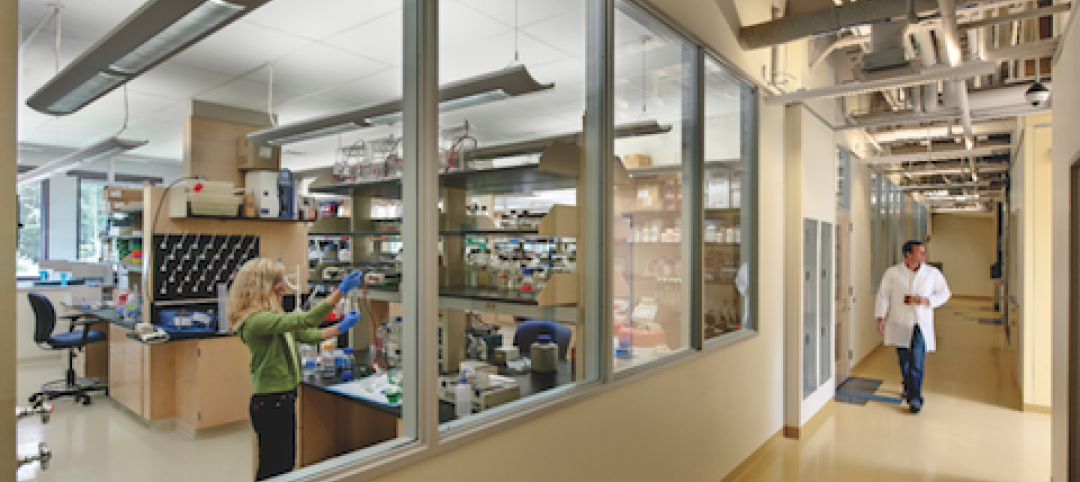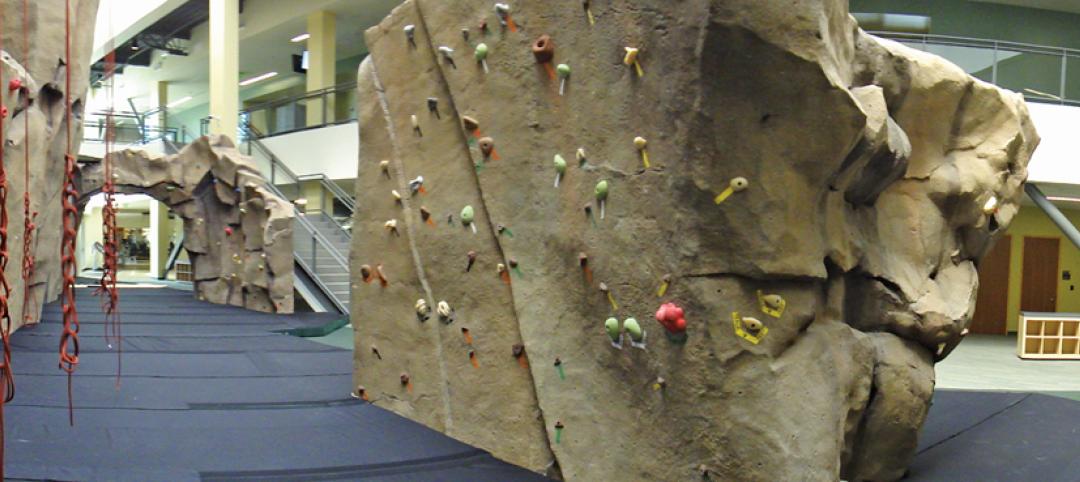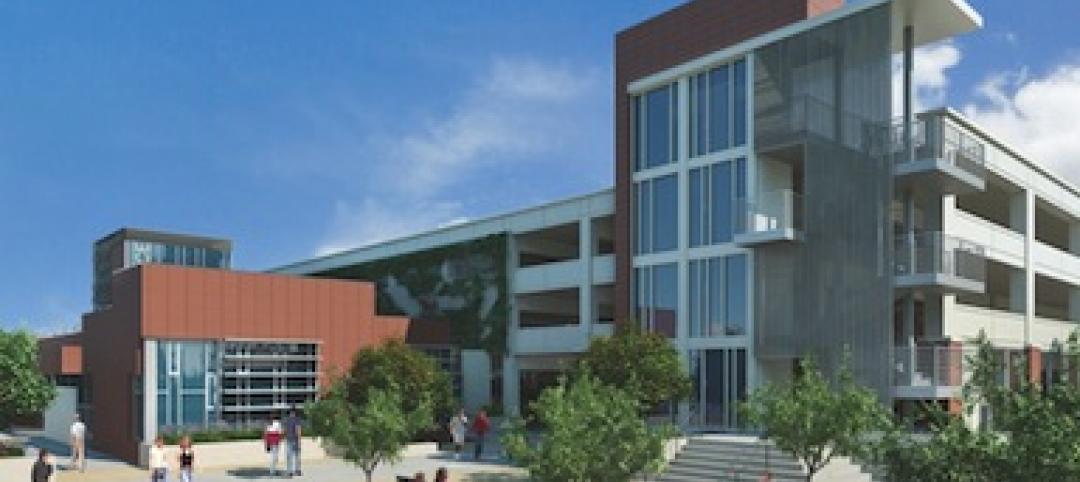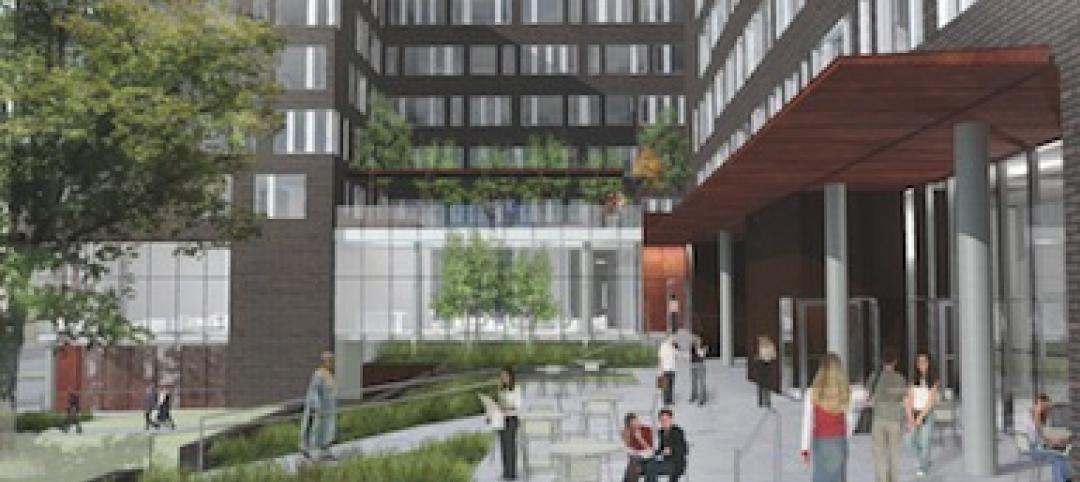Gordian released the 9th edition of the State of Facilities in Higher Education report, which confirms a growing backlog of capital needs and reveals a downturn in operating budgets. Preliminary fiscal year 2021 data shows a year-over-year investment reduction of 19 percent, as major capital projects were slowed or halted, and recurring stewardship expenditures dipped further.
“Across higher education, focused facilities stewardship and capital planning are more critical than ever. The findings from this year’s report further invigorate our mission to help institutions prioritize investments and drive meaningful outcomes within their communities,” says Mark Schiff, President of Gordian.
Throughout the report, Gordian’s database research and its expert insights affirm the following trends that are shifting the higher education landscape:
- Preliminary data warns that the facilities investment shortfall to anticipated demands is approaching 40 percent, accelerating the deferral of projects necessary to steward the campus.
- Gordian’s database shows an average need of $105/GSF at the end of FY20.
- 30 percent of buildings in the Gordian database are in the 10-25-year age group, and the major systems of many of them will soon reach the end of their lives. A convergence of anticipated lifecycle needs for a large portfolio of campus facilities and the well-documented enrollment cliff on the horizon is expected to bear down on higher ed over the next 10-15 years.
- Operating budgets have plunged 9 percent since FY19, and preliminary data for FY21 shows an average workforce reduction of 8 percent.
- Survey results through a partnership with APPA revealed a silver lining — 56 percent of facilities leaders indicated they have greater influence on campus since the pandemic.
This year, data from Gordian’s database of 52,000+ higher ed facilities representing about 300 campuses across North America shows the continuation of familiar trends and some expected changes in response to the pandemic environment. To complement our facilities data with perspectives from the frontline, we partnered with APPA to survey nearly 700 facilities leaders concerning the current pressures they are under and captured the responses in this report.
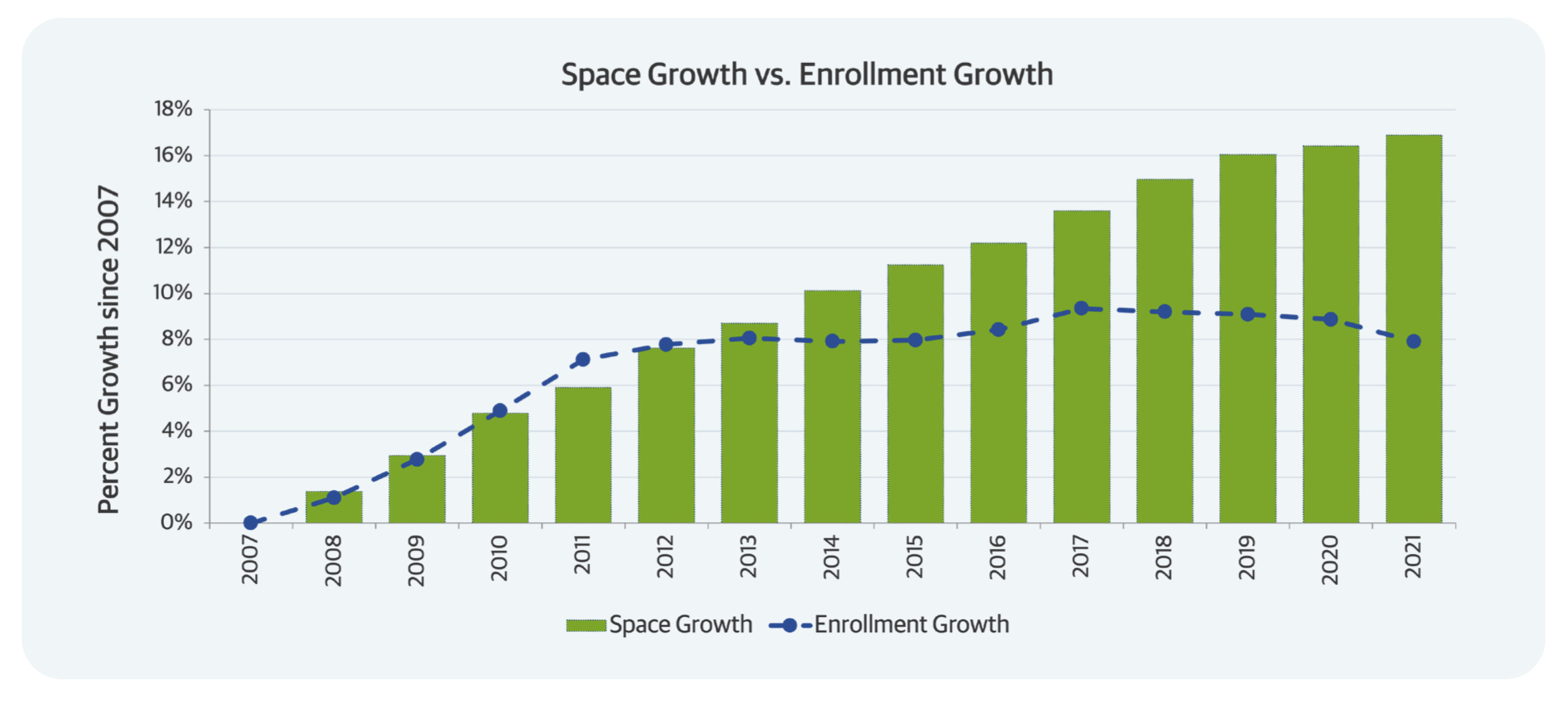
“Facilities leaders continue to talk about the extent to which their voice has been heard and continues to be heard,” said Pete Zuraw, Vice President of Market Strategy and Development for Gordian. “We want to keep championing your use of that voice to make a difference on your campuses.”
Facilities strategies are at the forefront of the industry’s race to confront its greatest challenge in generations. The report also points to successful case studies and solution frameworks to help institutions plan coherently, leverage technology and invest creatively. These examples and best practices can be fundamental to helping institutions unified around change adapt to today’s problems and create a richer and more viable future.
Download the 9th edition of the State of Facilities in Higher Education report (short registration required).
Related Stories
| Oct 12, 2010
Owen Hall, Michigan State University, East Lansing, Mich.
27th Annual Reconstruction Awards—Silver Award. Officials at Michigan State University’s East Lansing Campus were concerned that Owen Hall, a mid-20th-century residence facility, was no longer attracting much interest from its target audience, graduate and international students.
| Oct 12, 2010
Cell and Genome Sciences Building, Farmington, Conn.
27th Annual Reconstruction Awards—Silver Award. Administrators at the University of Connecticut Health Center in Farmington didn’t think much of the 1970s building they planned to turn into the school’s Cell and Genome Sciences Building. It’s not that the former toxicology research facility was in such terrible shape, but the 117,800-sf structure had almost no windows and its interior was dark and chopped up.
| Oct 12, 2010
Full Steam Ahead for Sustainable Power Plant
An innovative restoration turns a historic but inoperable coal-burning steam plant into a modern, energy-efficient marvel at Duke University.
| Oct 6, 2010
From grocery store to culinary school
A former West Philadelphia supermarket is moving up the food chain, transitioning from grocery store to the Center for Culinary Enterprise, a business culinary training school.
| Sep 16, 2010
Green recreation/wellness center targets physical, environmental health
The 151,000-sf recreation and wellness center at California State University’s Sacramento campus, called the WELL (for “wellness, education, leisure, lifestyle”), has a fitness center, café, indoor track, gymnasium, racquetball courts, educational and counseling space, the largest rock climbing wall in the CSU system.
| Sep 13, 2010
Community college police, parking structure targets LEED Platinum
The San Diego Community College District's $1.555 billion construction program continues with groundbreaking for a 6,000-sf police substation and an 828-space, four-story parking structure at San Diego Miramar College.
| Sep 13, 2010
Campus housing fosters community connection
A 600,000-sf complex on the University of Washington's Seattle campus will include four residence halls for 1,650 students and a 100-seat cafe, 8,000-sf grocery store, and conference center with 200-seat auditorium for both student and community use.
| Sep 13, 2010
China's largest single-phase hospital planned for Shanghai
RTKL's Los Angles office is designing the Shanghai Changzheng New Pudong Hospital, which will be the largest new hospital built in China in a single phase.
| Sep 13, 2010
Richmond living/learning complex targets LEED Silver
The 162,000-sf living/learning complex includes a residence hall with 122 units for 459 students with a study center on the ground level and communal and study spaces on each of the residential levels. The project is targeting LEED Silver.
| Sep 13, 2010
'A Model for the Entire Industry'
How a university and its Building Team forged a relationship with 'the toughest building authority in the country' to bring a replacement hospital in early and under budget.



